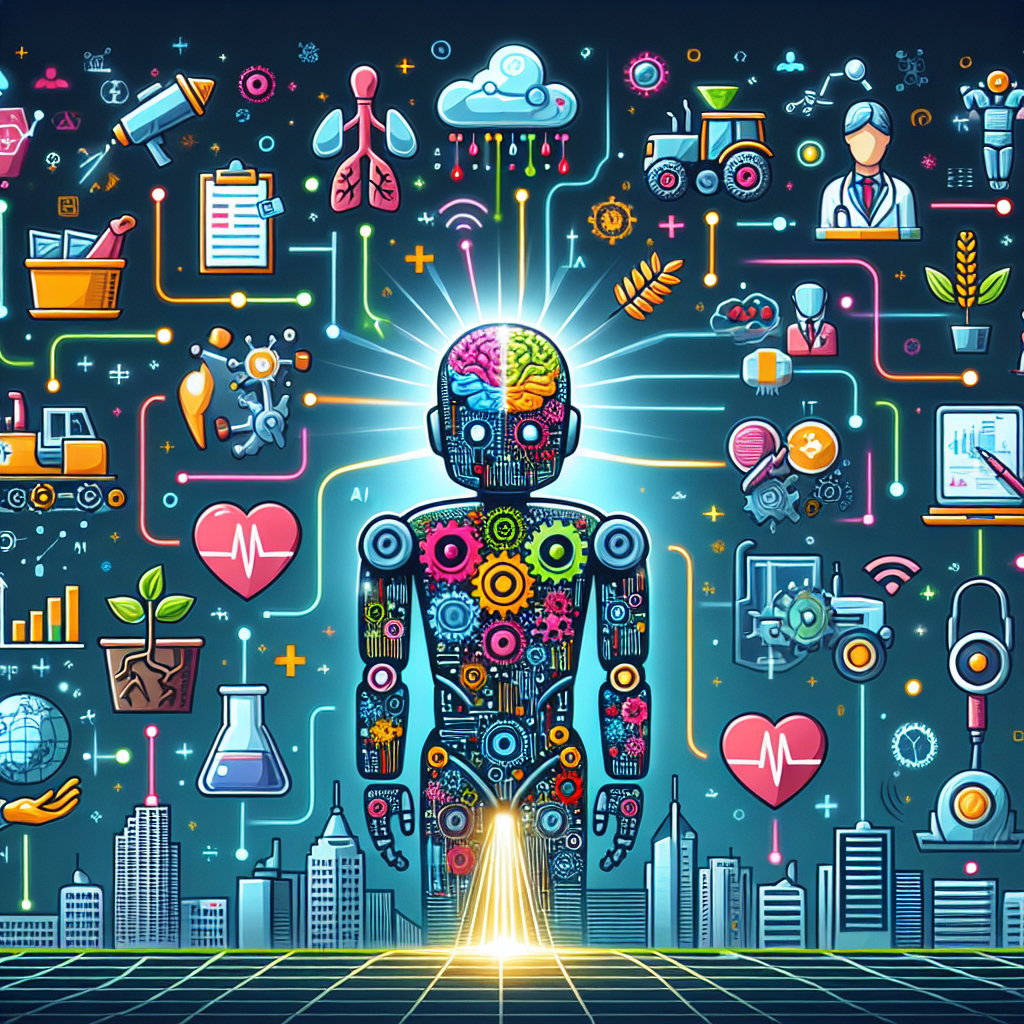Navigating the Complex World of AI: A Dive into Recent Developments and Controversies
In a digital era where artificial intelligence is weaving itself into the fabric of everyday life, recent activities suggest a frenetic dance of innovation, ethical conundrums, and societal repercussions. With companies like Amazon at the forefront of this technological maelstrom, one must ponder the multifaceted implications of these advancements. AWS re:Invent 2023 showcased not only Amazon's new AI image generator but also a myriad of AI-driven services, heralding Amazon's ambition to become the keystone in the AI domain.
The AI Gold Rush: Amazon and Rivals Stake Their Claims
As giants like Amazon throw their hat into the ring with services like transcription platforms, boasting impressive accuracy in English while still grappling with the nuances of other languages, the AI landscape is demonstrably competitive. These forays into AI-powered transcription herald a future where language barriers may crumble, albeit selectively. The competition isn't snoozing, though; Google's DeepMind has been credited with crafting over 700 new materials, one of which is rumored to be an alloy for the highly anticipated Cybertruck.
Diving into the practical applications, these advancements present a mixed bag. While Google's contributions point toward tangible industry benefits, Amazon's AI endeavors raise eyebrows with its dystopian-tinged employee monitoring tools. This blend of innovation and Orwellian undertones sets the stage for a complex narrative where AI's potential is both celebrated and scrutinized.
The Ethical Conundrums of AI: Missteps and Triumphs
AI isn't all rosy algorithms and clever chatbots; the realm is speckled with ethical pitfalls. Take for instance the controversy surrounding OpenAI's GPT model, which experienced a hiccup when a peculiar exploit caused it to leak personal information. Although patched, the exploit’s reemergence casts a shadow on the reliability of such systems.
On the triumph end of the spectrum lies OpenAI's Whisper model, which operates offline and astounds with its accuracy. This tool illustrates that AI has the potential to be both powerful and contained, a beacon of hope in an industry rife with privacy concerns.
The Economic Impact of AI: A Double-Edged Sword
The European Central Bank, long-standing AI optimists, admit that while AI might not axe jobs, it could depress wages. This concession unveils the intricate dance between AI progress and economic wellbeing, a tango that's far from choreographed. In parallel universes, Sports Illustrated's brush with fake AI-generated writers ignites the debate on AI's role in journalism, questioning authenticity and integrity in the industry.
Misinformation and AI: The Propaganda Paradox
Misinformation, a byproduct of the information age, becomes increasingly potent when weaponized by AI. Deepfakes, with their ability to manipulate perceptions, have exacerbated fears surrounding AI's capability to deceive. As society grapples with discerning truth from AI-spun fiction, it's clear that our consumption habits must evolve — skepticism is the new black.
AI in Leisure: Entertainment or Dystopia?
In a twist that blurs the lines between fiction and reality, Netflix's decision to produce a real-life version of 'Squid Game' raises ethical questions. Participants demanding compensation for on-set injuries underscores the ramifications when dystopian entertainment bleeds into the tangible world. This conundrum encapsulates the current state of AI and technology — a realm where the unthinkable becomes the executable, often with unforeseen consequences.
Conclusion: Embracing AI with Cautious Optimism
As we audit the recent spate of AI developments, it's evident that AI's trajectory is fraught with both promise and peril. From Amazon's bid for AI dominance to the philosophical quandaries of machine-generated misinformation, the landscape requires careful navigation. The critical question remains: as we plunge headfirst into this AI-infused future, how do we balance the scales of innovation and ethics, ensuring that this digital odyssey benefits humanity as wholesomely as it captivates our imaginations?
Relevant background links on these topics include OpenAI's privacy policies and the ethical considerations in AI:
In summary, the future of AI is a pastiche of breakthroughs and cautionary tales, urging us to proceed with a judicious blend of enthusiasm and wariness. As we usher in 2024, the AI odyssey continues — not with a whimper, but a bang.
